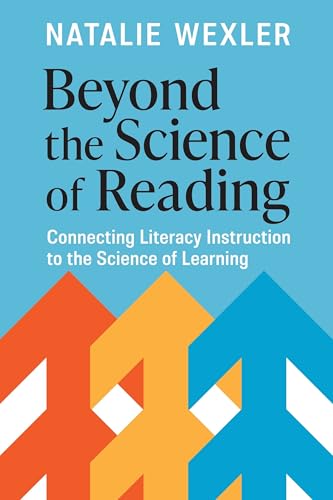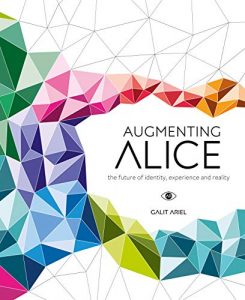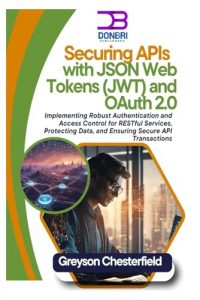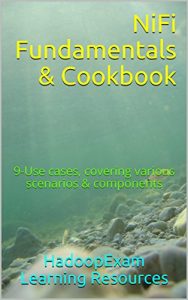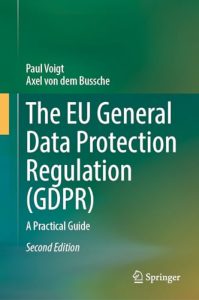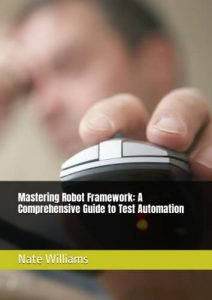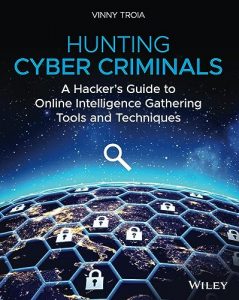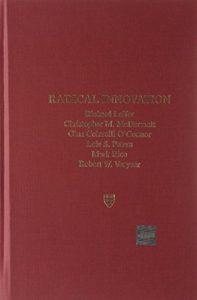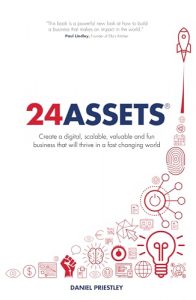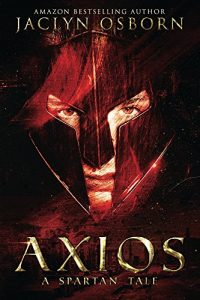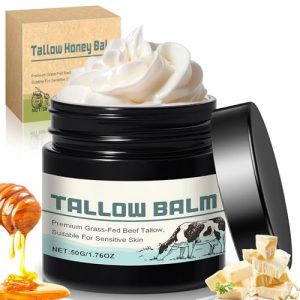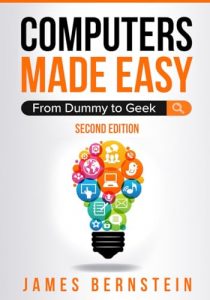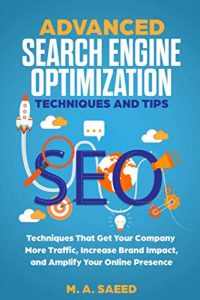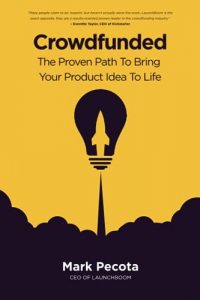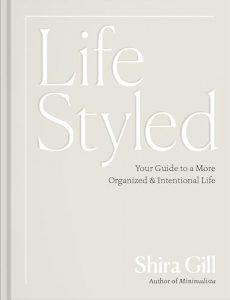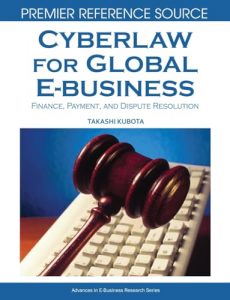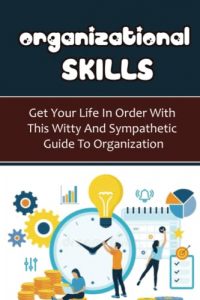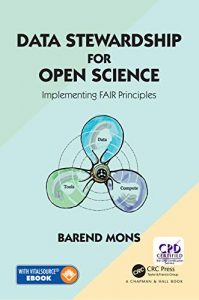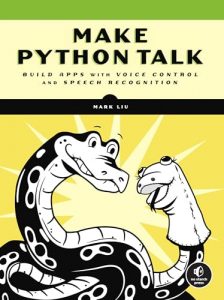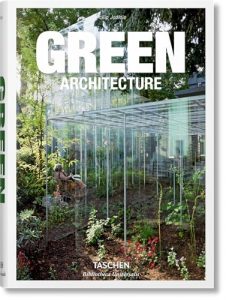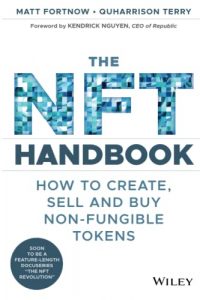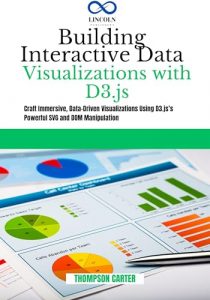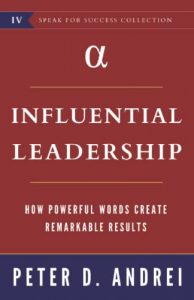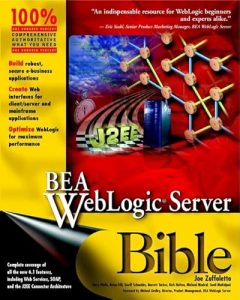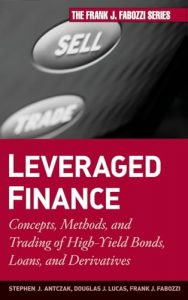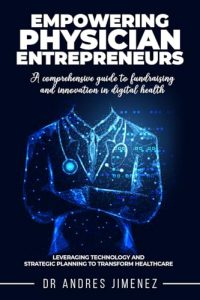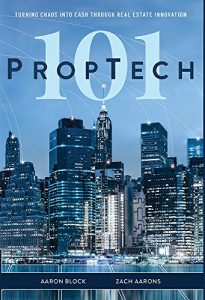Understanding Science Literacy
In an age where information is abundant and scientific literacy is critical, fostering a deeper understanding of science through reading is essential. Science literacy goes beyond mere knowledge of scientific facts; it involves understanding the scientific method, recognizing the importance of evidence, and making informed decisions based on data. With a well-rounded approach to teaching and learning, we can equip ourselves and the next generation with the skills necessary to navigate the complexities of today’s world.
Educators, parents, and lifelong learners can significantly boost science literacy by incorporating carefully selected texts into their reading lists. Today, we highlight a selection of outstanding books that not only enhance scientific understanding but also integrate literacy strategies to create a comprehensive learning experience. Each book is a valuable tool for educators looking to bridge gaps between science and literacy, ensuring a holistic approach to teaching our young students.
Featured Reviews
Beyond the Science of Reading: Connecting Literacy Instruction to the Science of Learning
This book is a comprehensive resource that delves into the critical connections between literacy and learning, presented through the lens of scientific evidence. Authors highlight strategies that empower educators to strengthen literacy instruction grounded in the science of how students learn. With practical insights and real-world applications, this title is an essential addition for any educator wanting to transform their teaching practices. The arguments are not only compelling but also rooted in the latest research, which makes it a must-have for those serious about improving educational outcomes.
No More Science Kits or Texts in Isolation (eBook): Teaching Science and Literacy Together (NOT THIS, BUT THAT)
A groundbreaking approach to combining literacy and science instruction, this eBook provides educators with innovative practices to teach these two subjects in an integrated manner. By shifting away from isolated teaching methods, the authors clearly outline the benefits of giving students a cohesive learning experience. This book is well-structured and filled with engaging methodologies and lesson ideas that are readily applicable in the classroom. Educators will appreciate the fresh perspective that promotes a collaborative learning environment.
Science Matters: Achieving Scientific Literacy
In this accessible read, the focus is placed on achieving scientific literacy not just in the classroom but across diverse communities. The authors present a clear argument for the necessity of evaluating our current approaches to science education. This book offers a variety of strategies to integrate scientific literacy into existing curricula, really helping educators to engage their students more fully. It’s perfect for facilitators aiming to spark curiosity and interest in the scientific process among their learners.
Benchmarks for Science Literacy (Benchmarks for Science Literacy, Project 2061)
This influential work presents a framework for evaluating science literacy based on what is essential for all students to know and understand about science. The authors provide clear benchmarks across grade levels, ensuring that educators can cater to diverse learning needs. It’s an invaluable resource that assesses existing instructional methods while providing pathways to improve scientific understanding among students. Every educator would benefit from having it as a reference in their teaching toolkit.
Atlas of Science Literacy: Project 2061
This stunning atlas serves as a visual representation of the concepts and ideas that shape science literacy. Providing a wealth of diagrams and graphics, it delineates crucial scientific ideas, making them accessible and engaging. This book is perfect for educators looking for innovative ways to present complex ideas. The thorough emphasis on connecting literacy to scientific concepts makes it a valuable resource for teachers committed to achieving literacy goals within a scientific framework.
Shifting the Balance: 6 Ways to Bring the Science of Reading into the Balanced Literacy Classroom
This compelling book serves as an essential guide for instructors aiming to embrace current research on the science of reading within a balanced approach. Covering a range of strategies, the authors explore how to seamlessly merge literacy instruction with proven reading techniques. This title is both practical and insightful, providing actionable steps and a strong commitment to improving student engagement through informed practices. It is a sound investment for all educators.
Handbook on the Science of Early Literacy
This comprehensive handbook covers developmental milestones from early childhood through elementary education, showcasing research that emphasizes the importance of early literacy. Each chapter delves into critical topics that influence literacy development, equipping educators with insights and strategies to support young learners. The focus on the intersection of literacy and science is particularly relevant, making this work an indispensable resource for those dedicated to fostering impactful learning environments.
Reading and Writing in Science: Tools to Develop Disciplinary Literacy
This book offers practical tools that educators can use to enhance reading and writing skills in the context of science education. It emphasizes the role of writing as a means of deepening understanding and fostering inquiry. Through a collection of activities and assessments, this resource encourages students to engage critically with scientific texts. It’s perfect for educators who want to empower their students as thinkers and writers within the scientific domain.
What the Science of Reading Says: Literacy Strategies for Grades 1–2 (What The Science Says)
This book serves as a guide for educators in the crucial early years of literacy development. Providing evidence-based strategies tailored for young readers, it synthesizes current research on effective reading instruction. The authors provide practical advice that can be implemented immediately, making it a highly valuable resource for educators striving to lay a strong foundation for lifelong reading success. It’s a fantastic tool for ensuring that no child gets left behind.
Science Literacy: Reading and Writing, Grade 7 (STEMscopes Texas)
This text combines science and reading instruction for seventh graders, presenting engaging materials geared toward developing critical thinking in students. The authors have meticulously curated content that aligns with standards while focusing on fostering literacy skills. It is invaluable for educators looking to create a dynamic and interactive classroom environment where students can thrive in both subject areas. This book not only informs but engages students to actively participate in their learning journey.

